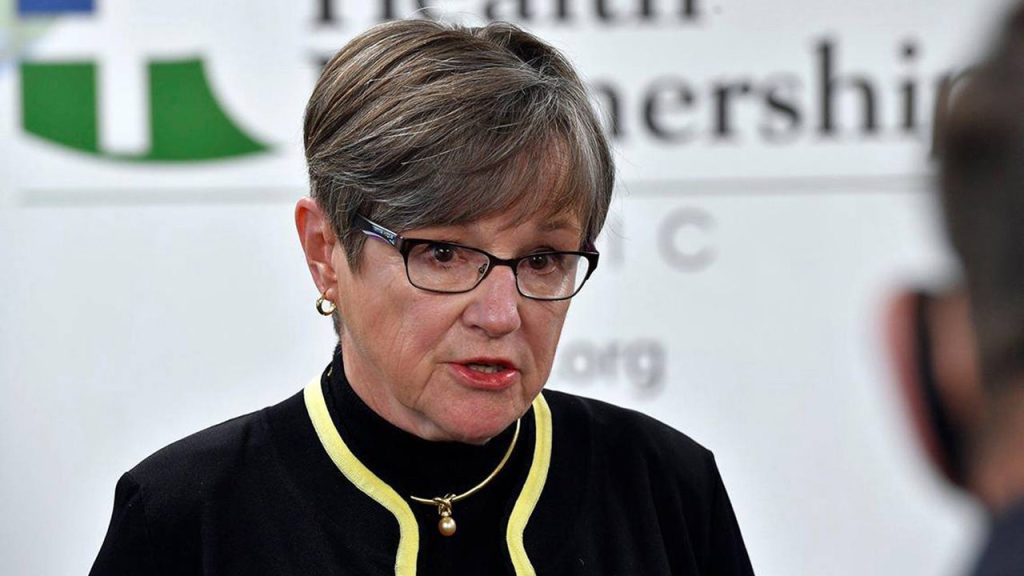Proposed restrictions on the foreign ownership of land in Kansas were recently vetoed by the state’s Democratic governor, Laura Kelly. The bill aimed to prevent foreign nationals from owning more than 10% of non-residential properties within 100 miles of military installations. This was primarily driven by concerns about national security threats from countries deemed adversaries by the U.S. government, such as China, Cuba, Iraq, North Korea, and Venezuela. Foreign ownership of land in Kansas is currently low, with Chinese ownership accounting for only one acre of agricultural land.
The vetoed bill would have required Kansas State University to compile annual reports on all foreign-owned real estate, including non-agricultural business properties. While Governor Kelly acknowledged the need for stronger protections against foreign adversaries, she felt the bill was too broad and could potentially harm legitimate investment and business relationships. Kansas is highly dependent on exports, with China being its fourth-largest trading partner. Other states, as well as Kansas, already have restrictions on foreign ownership of agricultural land.
Earlier concerns about foreign land ownership were raised when a Chinese spy balloon was spotted over U.S. skies, including areas near military installations in Kansas. This incident, coupled with the construction of a national biosecurity lab near Kansas State University, heightened interest in imposing restrictions. Some Republican lawmakers, led by House Majority Leader Chris Croft, expressed disappointment at the veto, citing potential risks to military bases and critical infrastructure. Attorney General Kris Kobach even proposed stricter measures, such as banning all foreign ownership of more than 3 acres of land.
Despite the push for stronger restrictions, critics of the bill raised concerns about its potential impact on immigrants and individuals seeking to live the American dream. They argued that the bill could force immigrants, including those fleeing repressive regimes, to sell their businesses and properties. The bill narrowly missed the two-thirds majority needed for an override, with some state Senate Republicans opposing the restrictions. The bill would have allowed affected foreign individuals and companies two years to divest from their Kansas properties.
In summary, the proposed restrictions on foreign ownership of land in Kansas faced opposition from Governor Laura Kelly, who vetoed the bill due to concerns about its broad scope and potential impact on economic development. While national security threats from adversarial nations were central to the arguments in favor of the bill, critics viewed it as potentially discriminatory and harmful to immigrants and small business owners. Despite the veto, some Republican lawmakers continue to advocate for measures to protect Kansas from exploitation by foreign bad actors. The debate over foreign land ownership in Kansas reflects complex issues related to national security, economic interests, and immigration.


